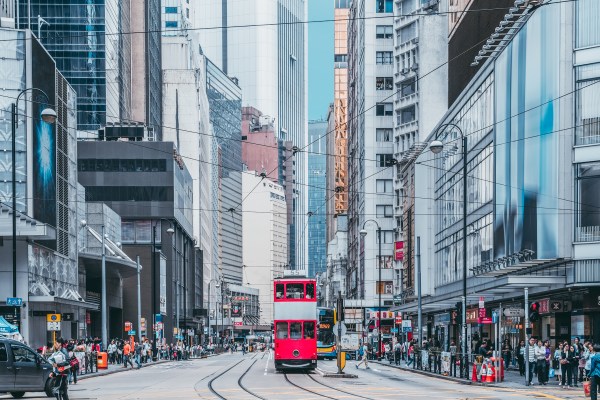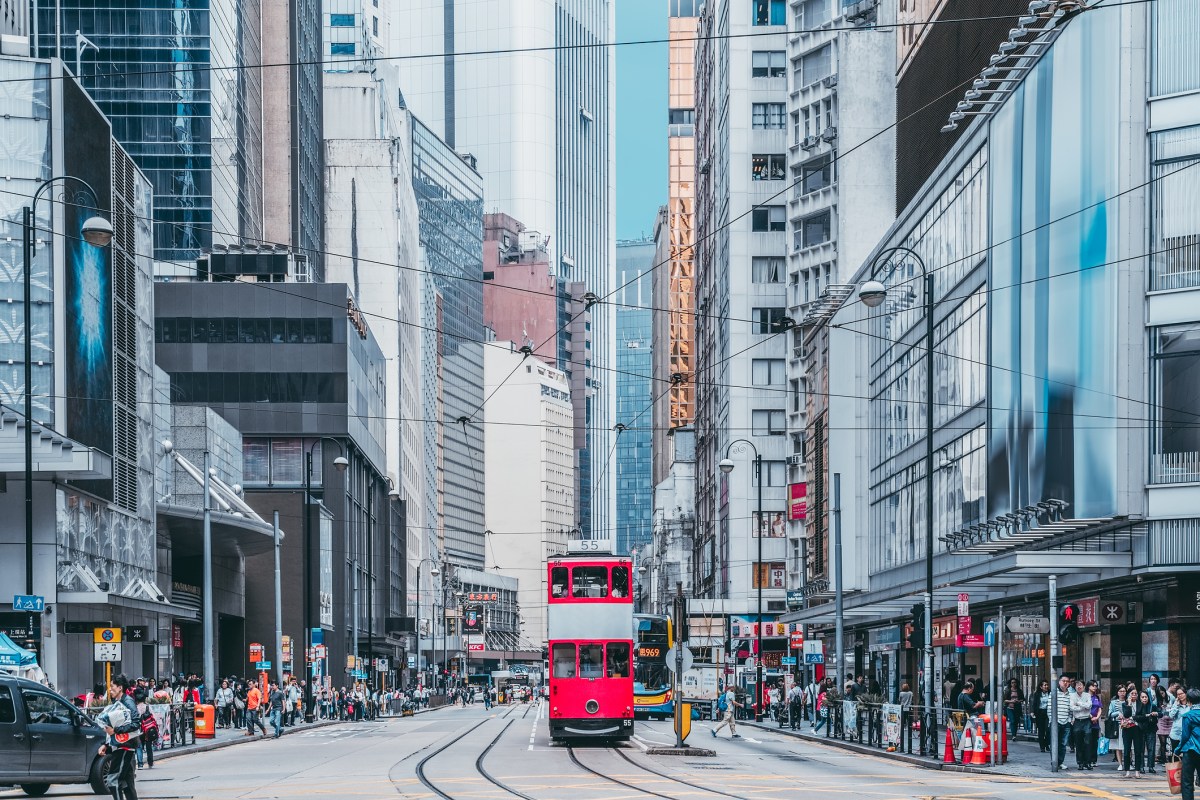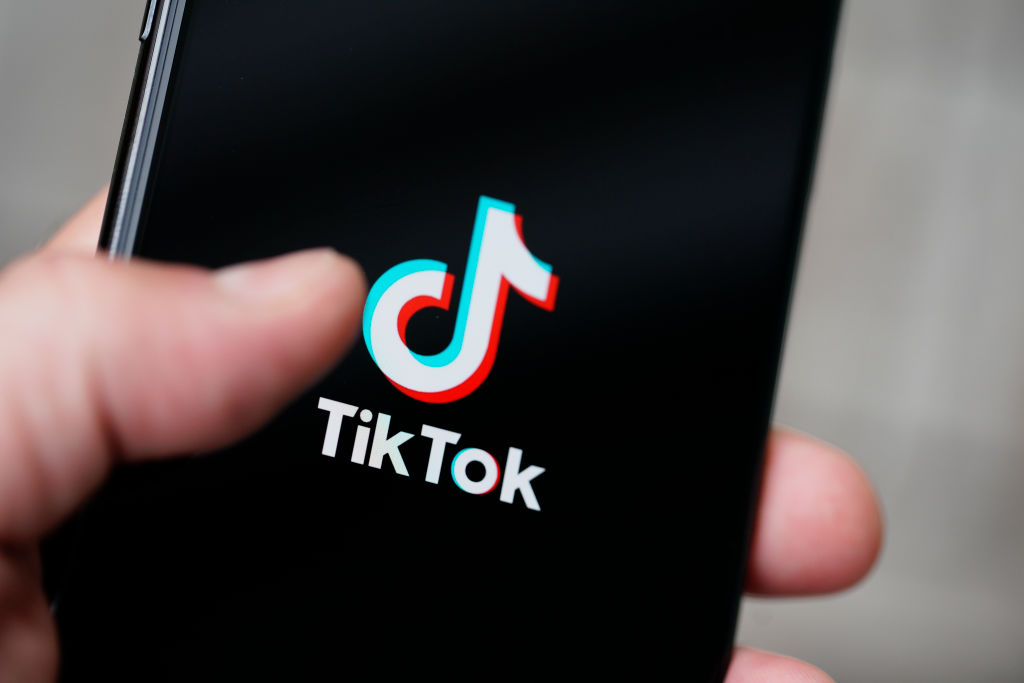Hong Kong is charting its own web3 path despite China’s anti-crypto stance

Hong Kong has an on-again-off-again relationship with crypto: Before China outlawed all crypto-related activities in 2021, the Asian financial hub was the early home to several crypto startups, including the now-defunct FTX, which left for the Bahamas after the ban. Now, Hong Kong is again welcoming crypto businesses, only this time with more regulatory clarity.
During its government-backed fintech week late last year, Hong Kong indicated its intention to legalize crypto retail trading and introduce a licensing regime for digital asset providers. The plan took more shape in February when the city published draft rules that would allow individual investors to trade certain major cryptocurrencies starting June 1.
Companies are already responding to the city’s shift in attitude. As of February, the department for foreign direct investment had received “expressions of interest” from over 80 virtual asset-related companies from both mainland China and abroad in establishing a presence in Hong Kong. KuCoin, one of the world’s largest crypto exchanges, already said last year that it would open an office in the city.
While these developments are encouraging signs to some, others question whether the semi-autonomous region has the right conditions for building all forms of web3 organizations and businesses to thrive. The early consensus is that crypto-trading-related firms will probably be the first to reap the fruit of the policy change.
Too big to miss
When Hong Kong was handed back to China in 1997, Beijing established a “one country, two systems” regime that granted the city a high level of autonomy in the legal, economic and social realms. Export-oriented Chinese firms began using the city as a logistics and clearing center, and multinationals set up shops there as their gateway into China.
In recent years, however, Hong Kong is increasingly losing its allure as a springboard connecting China and the outside world after episodes of political fallout and stringent COVID controls.




